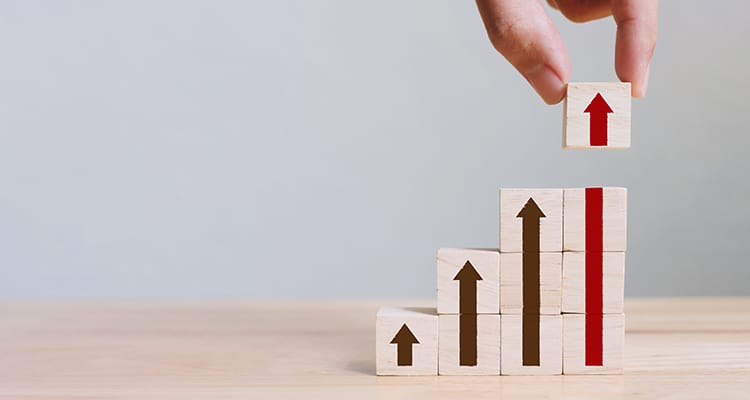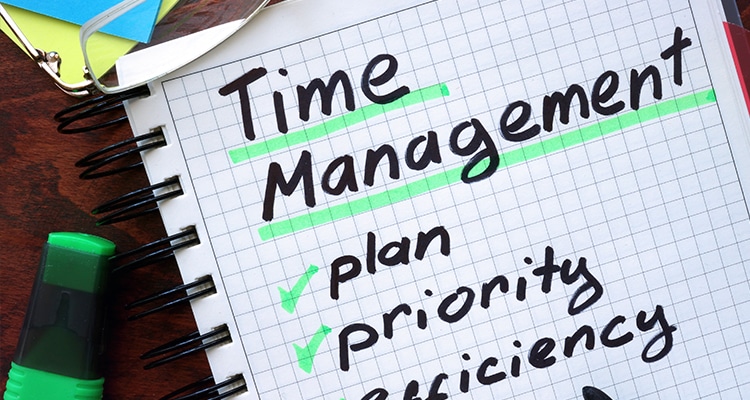As of this writing, we are into the fifth week of the enhanced community quarantine (ECQ).
By my count, it feels like we’re into fifth month.
Honestly, at this point, it probably feels like all the rules have gone out the window. I’ve seen memes on my feed dividing the day between “coffee time” and “vodka time.” My brothers have also taken to hitting the sack while the sun’s about to rise. They also eat “dinner” at 4 in the morning. Sometimes, they can’t tell what day it is.
In theory, having no schedule in place sounds like heaven. You can get up, eat, watch Netflix, or play Clash of Clans whenever you want. What could be better, right?
Sure, just ask anyone who’s been doing that for the past three weeks and they’ll tell you otherwise. Granted, simply being able to do so is a privilege in these times, but having too much freedom can be burdensome too.
This is where having a schedule or routine comes in, especially if you’re working from home right now. Sticking to one won’t just give you a purpose, but it will also spare you from having to think about what to do next, among other benefits:
1. Better mental and physical health.

Schedules shouldn’t just be for making sure that you work on time, but also that you rest on time. A good routine should allow for both rest and exercise as it does for working. Thus, one that makes you eat on time and go to bed at a reasonable hour can only be good for your physical health.
Besides, the sheer uncertainty brought about by this pandemic is likely to give rise to a lot of anxiety. Having set tasks to fill your day helps prevent you from dwelling on them too much. It also gives you a sense of control, no matter how small, over what’s happening in your life.
2. Higher productivity and efficiency.

Routines allow you to have a fair bit of expectation about how your day will go, even amidst the quarantine period. This helps your brain gear up and get tasks done more effectively and efficiently.
For instance, if you’ve set your work schedule from 6 AM to 3 PM, then your mind is conditioned to finish the day’s tasks within that time period. Having a deadline, even a flexible one, provides you with urgency as opposed to none at all.
3. Increased focus.

Prolonged periods of isolation can play tricks on your mind. They can make you distracted and listless. Some may find it difficult to focus on tasks as their minds wander or get eaten up by worries and anxieties.
Routines are an antidote to such in a way. They take all the guesswork out of what to do next and thus allows your mind to focus on the task at hand.
4. Improved self-discipline.

One of the hardest things about having no one to boss you around is, well, having no one to boss you around. Don’t get me wrong, you should have the final say over your own life, but even that can be harmful if you lack self-discipline.
Following a routine helps instill such because you learn to prioritize it over what you feel like doing at some point. With the right schedule, you’ll be more motivated to refrain from checking social media when you should be working, as well as vice versa.
5. Greater self-awareness.

Building your own schedule can help you discover many things about yourself. Perhaps you might discover that you find it easier to exercise in the mornings. It might even be the opposite. What if you get your best ideas close to midnight, when there’s no one around to bother you?
Either way, such information is always useful, especially if you’re still figuring out how to reach your fitness and career goals, among other things.
6. Efficient time management.

Setting time limits for certain activities not only ensures that you’ll be able to get the day’s tasks done. It also prevents you from unconsciously spending too much time on such.
Want an example? If you work an eight-hour shift on weekdays and follow a 10 or 11 PM bedtime, you’ll be much less likely to binge watch Netflix.
7. Easier transition to post-ECQ times.

Like a muscle, your mind can atrophy if you don’t use or challenge it enough. Staying on top of a daily routine prevents that and prepares you for transitioning into the world post-ECQ.
If you work from home, for example, it won’t be as difficult for you to go back to a full workload. Having done more or less the same tasks during the quarantine, your brain won’t have to relearn key skills or struggle to make similar decisions.
Lastly, don’t get discouraged if you find it hard to stick to a schedule at first. Setting aside enough time for work, rest, and recreation is important, but there’s no one-size-fits-all routine. Figuring out what works for you could take time and a bit of tweaking, but if you keep at it, you may find that you’ll survive quarantine with less stress and worries as opposed to just winging it.

